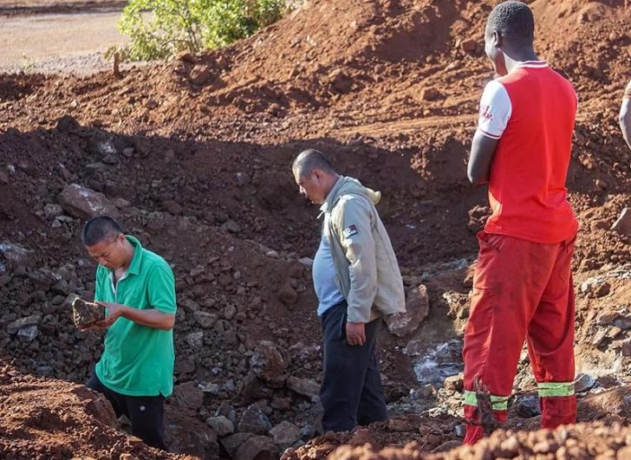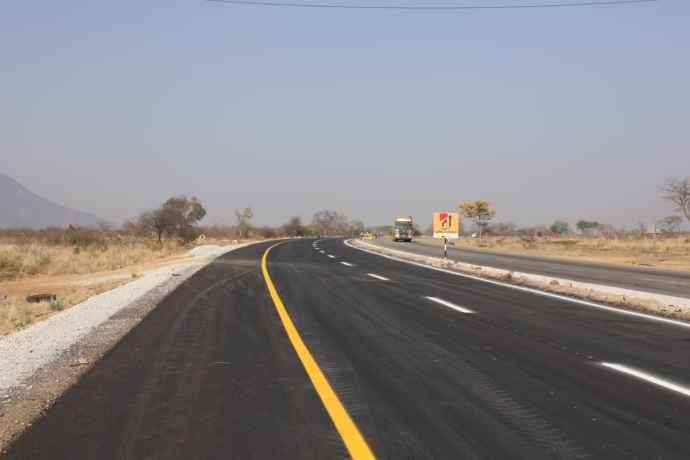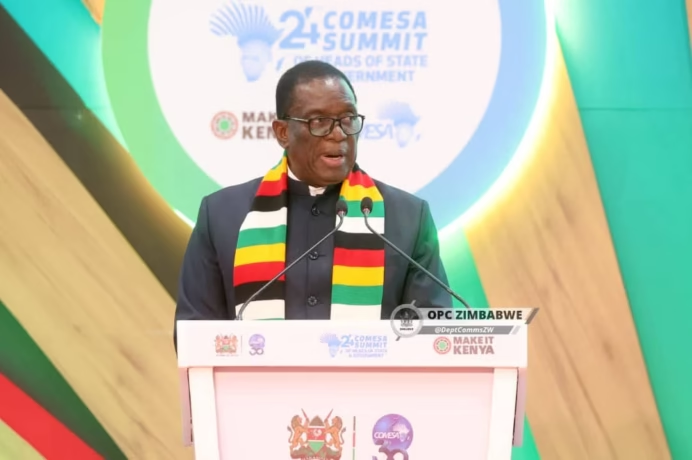
The Government of Zimbabwe is stepping up its fight against drug and substance abuse under the National Drug and Substance Abuse Response programme. During the 17th Post Cabinet Briefing meeting held in Harare, it was announced that the fine for drug and substance abuse would be increased from USD 30 to USD 400, or the Zimbabwean dollar equivalent. Additionally, imprisonment for up to two years will be imposed for offenders. Crystal meth has also been designated a dangerous drug, highlighting the government’s commitment to tackling this growing problem.
In recent efforts, 2,373 individuals have been arrested, and 48 drug bases were identified, raided, and destroyed across six provinces: Harare (10), Manicaland (25), Mashonaland Central (6), Matabeleland North (3), Mashonaland West (2), and Midlands (2). Joint operations involving the Liquor Licensing Board and the Zimbabwe Republic Police (ZRP) resulted in the inspection of 724 liquor premises, with 124 outlet owners arrested for violating license conditions.
The government is calling on communities to support the ZRP in identifying and dismantling drug networks that are harming communities. The police have been commended for their efforts in destroying the 48 drug peddling bases nationwide.
Plans to establish the Zimbabwe Drug and Substance Abuse Agency are at an advanced stage. This agency, which will have legal backing, is part of a multi-sectoral plan for 2024-2030, aimed at addressing the public health, economic, national security, and social stability threats posed by drug and substance abuse.
Awareness campaigns have reached 25,792 youths in provinces like Masvingo, Mashonaland Central, Matabeleland North, and Manicaland. In the education sector, 569,969 learners were sensitized through special assemblies and interactive sessions. The Ministry of Women Affairs, Community, Small and Medium Enterprises Development also sensitized 14,951 people on various social issues, including drug abuse, through campaigns and meetings.
The government is empowering citizens with income-generating skills, with 16,529 people trained in areas like poultry, detergent-making, and branding. The Youth Build Zimbabwe initiative has engaged 1,900 youth volunteers in community development projects.
Religious organizations are also playing a crucial role in combating drug abuse. The Roman Catholic Church and the Apostolic sect have been active in raising awareness and promoting drug-free lifestyles among youths.
To boost youth participation in the economy, Empower Bank is providing loans under the Youth Business Starter Pack (YBSP) for projects like poultry, tobacco, horticulture, and mining. The re-introduction of the Youth Service Zimbabwe and the resuscitation of Vocational Training Colleges aim to further support the fight against drug abuse. Recently, 101 youths were trained under the revamped Youth Service in Zimbabwe Programme, with more expected to enroll following the launch by President Emmerson Mnangagwa in Mashonaland East Province.
The government’s comprehensive approach underscores its commitment to eradicating drug and substance abuse and fostering a healthier, more productive society.
Matabeleland North (3), Mashonaland West (2), and Midlands (2). Joint operations involving the Liquor Licensing Board and the Zimbabwe Republic Police (ZRP) resulted in the inspection of 724 liquor premises, with 124 outlet owners arrested for violating license conditions.The government is calling on communities to support the ZRP in identifying and dismantling drug networks that are harming communities. The police have been commended for their efforts in destroying the 48 drug peddling bases nationwide.Plans to establish the Zimbabwe Drug and Substance Abuse Agency are at an advanced stage. This agency, which will have legal backing, is part of a multi-sectoral plan for 2024-2030, aimed at addressing the public health, economic, national security, and social stability threats posed by drug and substance abuse.Awareness campaigns have reached 25,792 youths in provinces like Masvingo, Mashonaland Central, Matabeleland North, and Manicaland. In the education sector, 569,969 learners were sensitized through special assemblies and interactive sessions. The Ministry of Women Affairs, Community, Small and Medium Enterprises Development also sensitized 14,951 people on various social issues, including drug abuse, through campaigns and meetings.The government is empowering citizens with income-generating skills, with 16,529 people trained in areas like poultry, detergent-making, and branding. The Youth Build Zimbabwe initiative has engaged 1,900 youth volunteers in community development projects.Religious organizations are also playing a crucial role in combating drug abuse. The Roman Catholic Church and the Apostolic sect have been active in raising awareness and promoting drug-free lifestyles among youths. To boost youth participation in the economy, Empower Bank is providing loans under the Youth Business Starter Pack (YBSP) for projects like poultry, tobacco, horticulture, and mining. The re-introduction of the Youth Service Zimbabwe and the resuscitation of Vocational Training Colleges aim to further support the fight against drug abuse. Recently, 101 youths were trained under the revamped Youth Service in Zimbabwe Programme, with more expected to enroll following the launch by President Emmerson Mnangagwa in Mashonaland East Province.The government’s comprehensive approach underscores its commitment to eradicating drug and substance abuse and fostering a healthier, more productive society.
Positive Eye News




